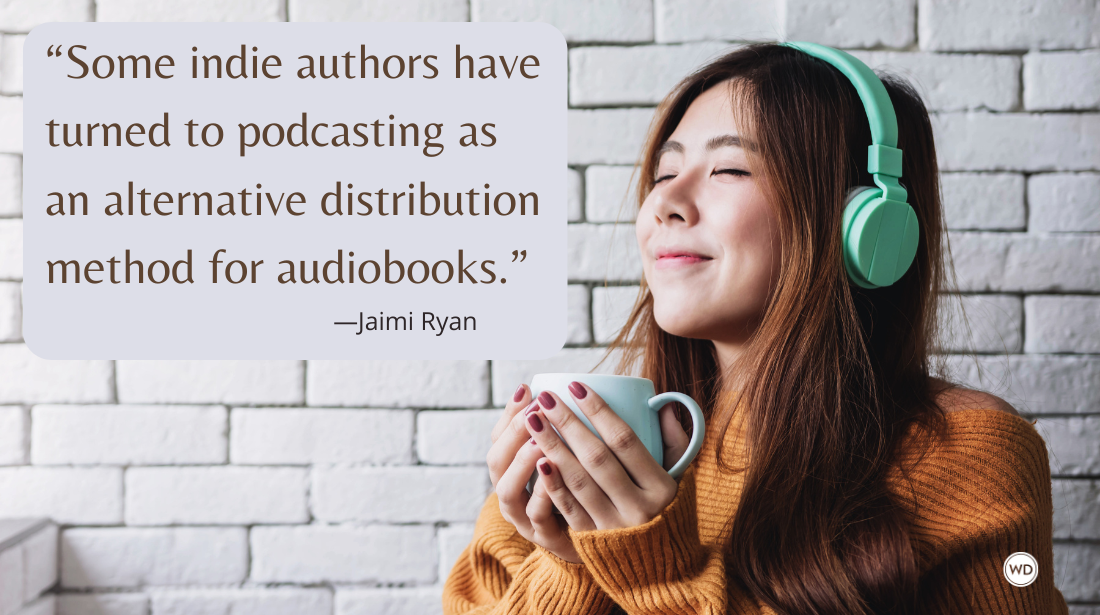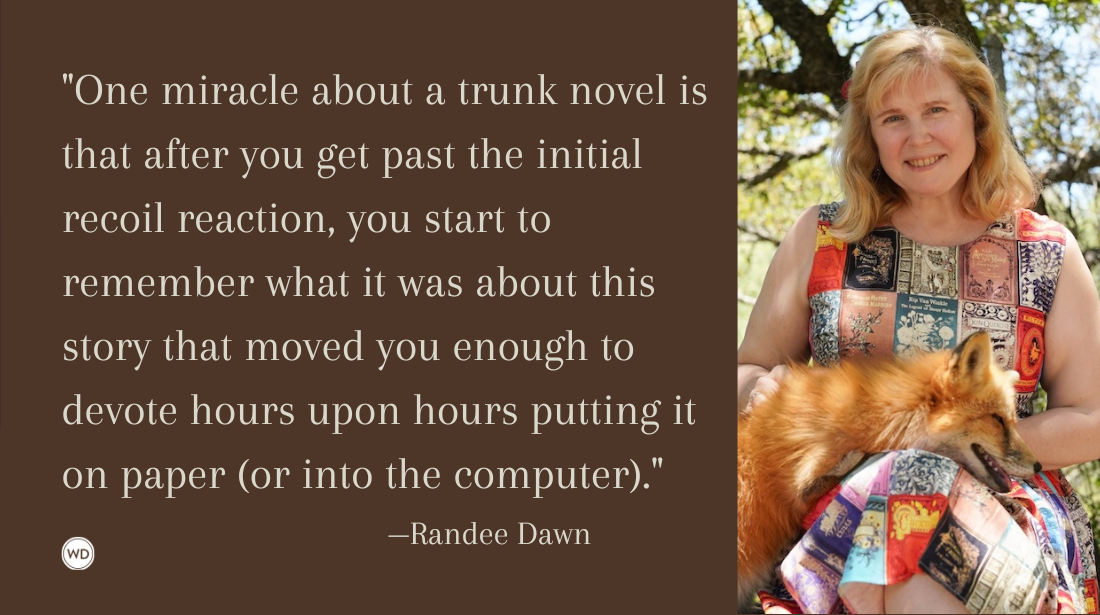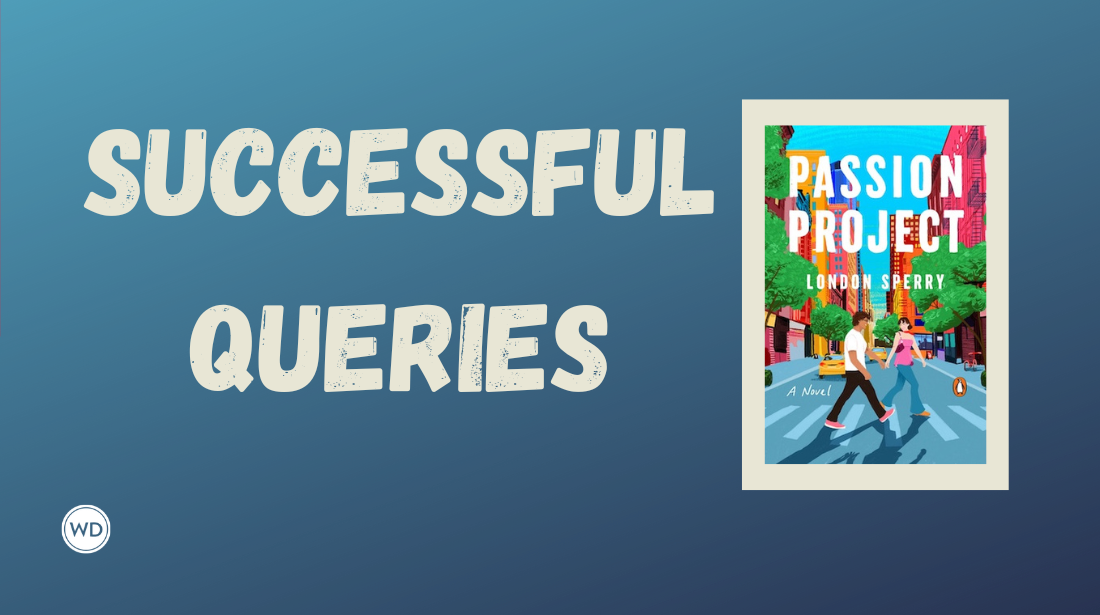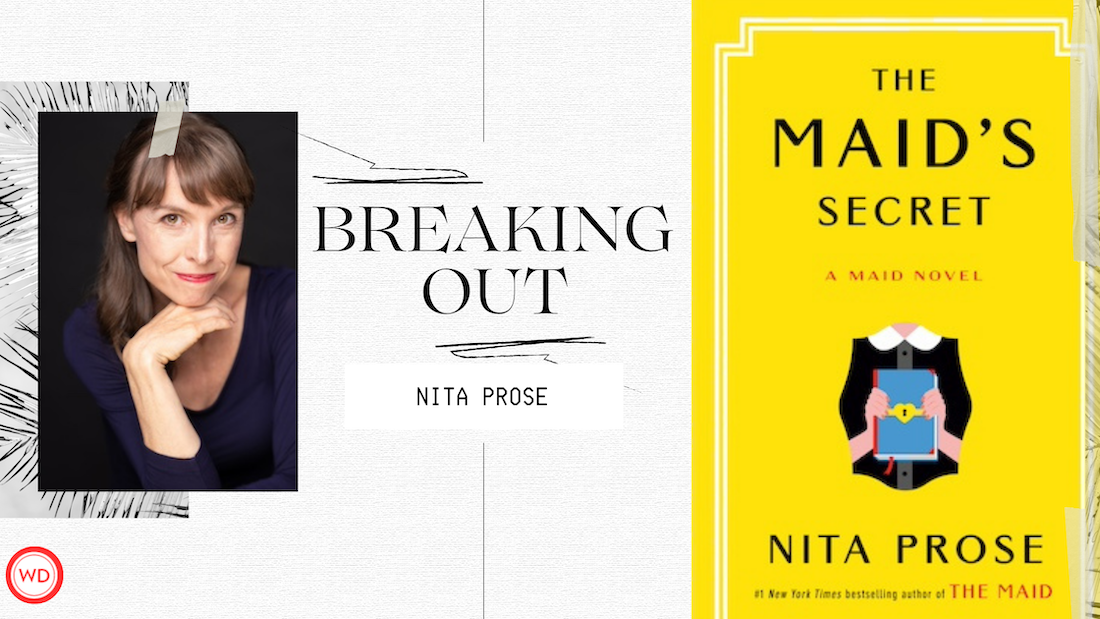9 Ways to a Faster Book Deal
Think there’s nothing you can do to help your submission’s chances? Think again.
After 22 years of struggling to build a writing career, six months of rejections on the road to landing literary representation, and then another six months until that agent found a fantastic editor to take me on, I still had to wait 18 months for my debut book to come out. I was told this was fast. For a wildly impatient and broke 42-year-old journalist used to quickly seeing print in daily newspapers and webzines, that seemed like a lifetime. Since then, over the course of publishing nine books with some of the top houses in the country—and helping 80 of my writing students get book deals during the last decade—I’ve learned that, fortunately, there are ways to speed up the process while improving both your prose and your chances.
Order a copy of Susan Shapiro's What's Never Said.
1. FINISH MORE PAGES FIRST.
Many aspiring authors think that while you must write an entire novel to sell it, you need complete only a short proposal to land a nonfiction deal. While that’s sometimes true, it’s also true that many agents and publishers of memoir and narrative nonfiction prefer to see a complete manuscript—and that several first-timers I know who signed a contract based on a few sample chapters wound up choking, unable to cough up 200 more pages on deadline, and had to pay back their book advances.
Never forget: Cream rises. The sooner you write an entire great book, the easier it will be to entice an agent and book editor into publishing it. [Like this quote? Click here to Tweet and share it!] Your eventual agent might read your manuscript and then decide to submit only a “partial” to editors. But with more pages at least you—and your agent—will know you’re for real, and be better positioned to craft a powerful pitch reflecting that.
2. HIRE YOUR OWN GHOST EDITOR.
Imagine if you could work on kicking your manuscript or proposal into shape with an expert who has been an agent or book editor for years—before showing it to anyone else. Guess what? You can! There are excellent, seasoned book doctors and editors you can hire to fix your pages, give you feedback and honest criticism, and let you know if or when your project is ready to go professional. True, it’s an upfront investment, but this is my secret weapon for being prolific—and if you’d like to contact me personally, I’d be happy to recommend my favorites.
3. GET HEAT WITH AN ESSAY CLIP.
Insiders know one of the best ways to attract interest in a book is by first publishing a short excerpt or essay related to your book idea. One great provocative personal piece can lure professionals to call you, saving you a frustrating and lengthy search. My student Laura Zam’s recent 1,500-word essay “Healing Sought (Bring Your Own Magic)” ran in The New York Times Modern Love column on a Sunday. By Monday three agents and two editors had contacted her. Similar experiences were also true of my protégés Liza Monroy (whose book The MarriageAct got its start in Psychology Today), Lisa L. Kirchner (her memoir Hello American Lady Creature was launched in the Washington Post), Maria E. Andreu (her YA novel The Secret Side of Empty began in Newsweek) and Abby Sher (whose book Amen, Amen, Amen started in Self). Lots of agents and editors routinely read these publications and others looking for prospective book projects.
4. GET MORE BANG FOR YOUR BLOG.
Several of my former students have landed meetings, agents and book deals through a hotly titled blog—including Leandra Medine’s Man Repeller and Kayli Stollak’s Granny Is My Wingman. In fact, free blog site Tumblr actually has a “literary liaison” now—it’s my former student Rachel Fershleiser, and she says more than 100 traditional book publishers have bit from Tumblr bloggers so far (Liesl Schillinger’s Wordbirds: An Irreverent Lexicon for the 21st Century is one recent example). You need a lot of hits to get attention, but sometimes a clever concept can go viral or catch the right person’s eye—and push you toward publication quicker. It can’t hurt to try.
5. LEVERAGE SOCIAL MEDIA.
It’s well known that what would become the book and TV show “$#*! My Dad Says” started as then-struggling writer Justin Halpern’s Twitter feed, but less sensational success stories are anything but anomalies these days. Consider ways to use Twitter, Tumblr, Facebook, LinkedIn and Instagram to help support your book concept (and while you’re at it, take down any half-naked photos, unless your goal is to be a centerfold!). That way, the minute an agent or editor has a reason to search for your name online, good stuff pops up.
6. JOIN UP.
While for decades I prided myself on being a loner and an outsider, when I wanted to publish a Jewish-themed novel, I found that I needed a bigger platform and more of a connection to my audience. So I joined many organizations I thought might support my eventual book. I became a member of Hadassah, reached out to World ORT and the UJA-Federation of New York, and reconnected with old temples in my hometown Michigan neighborhood. I also joined the University of Michigan and New York University alumni associations, and it wasn’t long before NYU invited me to give a speech at its annual alumni conference. The bigger your outreach, the easier it will be to prove to agents and editors you can effectively market yourself and your book, whether fiction or nonfiction.
7. PITCH LIKE HOLLYWOOD.
I described my first memoir Five Men Who Broke My Heart in a Hollywood movie sort of way, as a “book for anyone who has ever wondered what happened to their first love. Or second. Or third. Or fourth. Or fifth.” Come up with a great title and a few lines to explain your concept quickly and get people excited. This will help you to land an agent, the agent to get a book editor, the editor to motivate the marketing people, the marketing people to entice the booksellers and mainstream media, and on and on.
8. GET ON THE AIR.
Dr. Diana Kirschner, a psychologist specializing in relationships, was a guest on a New York radio show the day her future agent, Wendy Sherman, happened to tune in. Sherman went on to sell her resulting book, Love in 90 Days. My former student Judy Batalion’s appearance on “Anderson Cooper 360°,” to talk about her family history of hoarding, helped her land a New York Times Motherlode columnist spot and a Penguin book deal. True, these are coveted appearances, but these days, news coverage is 24/7, so there’s plenty of on-air time to fill. If you have any radio/TV contacts, use them. If not, see Nos. 3–6 to increase your odds of making these kinds of connections.
9. COLLECT ENDORSEMENTS.
When my friend Jackson Taylor finished his dazzling debut novel, The Blue Orchard, he asked colleagues at the graduate writing program where he worked if they’d recommend it. They did! So he handed in stellar blurbs by Sapphire, Vivian Gornick, Marie Ponsot, Hettie Jones and Phillip Lopate along with the manuscript. The Simon & Schuster editor who bought it told me the first thing she saw was those blurbs—and she was already impressed before reading word one.
“Well, I’m not in a writing program with those kinds of contacts,” someone I know lamented. While getting involved with a good writing program is worth considering, it’s not as hard as you think to get endorsed. Ask your teachers, mentors, prominent members of organizations you belong to (see No. 6), even authors you admire. (I have recommended all 80 of my students’ books, leading one of my editors to call me “a blurb whore.”)
Still stumped? Go back to No. 3 and get some ink, and the blurbs may just come to you. After my student Aspen Matis published her beautiful Modern Love essay “A Hiker’s Guide to Healing,” Wild author Cheryl Strayed posted a laudatory comment on Facebook and The New York Times columnist Nicholas Kristof tweeted a tribute.
At my urging, Matis asked Strayed and Kristof if she could quote them in her future book pitches—and they both said yes.
To paraphrase the philosopher Goethe: Upon the moment of commitment, the world conspires to help you. Always remember: The harder you work, the luckier you’ll get.
Susan Shapiro, a long-time writing professor, is the author most recently of the writing guide The Byline Bible, the memoir The Forgiveness Tour and the coauthored American Shield. You can follow her on Instagram or visit her website.








